The New York prosecution of Trump has sparked nationwide debate; even people typically unfriendly to Trump, like Kevin O'Leary, are weighing in on Trump's side. In the case of O’Leary, he argues to a CNN lawyer that the financial rules being used against Trump are unprecedented in the world of real estate development. Independent trucking operators are boycotting New York City to show solidarity with the former president.
Truckers For Trump and Teamster members are starting the mass boycott of NYC deliveries today.
— The Trump Train 🚂🇺🇸 (@The_Trump_Train) February 19, 2024
Raise your hand if you support #Truckers4Trump 🤚🤚🤚 pic.twitter.com/qXhfSfxqcf
However, cases in the past, such as that of Michael Milken in the 1980s, reveal a troubling pattern of unjust targeting by ambitious prosecutors seeking attention. Indeed, libertarians have been shouting from the rooftop for years, warning about the rising menace posed by a growing police state and ruthless prosecutors who use lawfare to target people they single out for special attention.
In this respect, one would need to go out of their way to miss the interesting similarities between Donald Trump and Michael Milken. While both are billionaires, the similarities don’t end there. Trump and Milken are also considered disruptors who got on the wrong side of their respective establishment. Whereas Milken was considered a disruptor in the world of high finance and Wall Street, Trump, upon riding down the escalator in Trump Tower in 2015, became an immediate disruptor inside the Beltway. Moreover, both men found themselves on the wrong side of the U.S. Justice Department and a media apparatus all too eager to assist in their respective prosecutions.
In the case of Donald Trump in New York, and Washington D.C., and Milken in the Southern District of New York, both men were hunted down by ambitious prosecutors. And, contrary to popular belief, in the case of Milken, his prosecution was not a straightforward triumph over so-called greed. According to attorney Richard Sandler, a childhood friend who was Mr. Milken’s personal lawyer at the time of his prosecution, and as he describes in detail in his new book “Witness to a Prosecution,” Milken was coerced by prosecutors into pleading guilty to minor technical violations after federal prosecutors failed to prove more serious charges, including insider trading and tax evasion.
According to law professor Harvey Silverglate, as he wrote in his book Three Felonies a Day, had Milken not been famous and wealthy, critics might have taken a closer and more dispassionate look at the fabricated case against him. It now seems irrefutable that both Michael Milken’s financial success and Trump’s political success made them the targets of our weaponized system of justice. Milken was an easy scapegoat to satiate a growing public resentment over the so-called excesses of the 1980s.
In Trump’s case, an inability to effectively navigate the “political swamp” in Washington D.C. made him an easy target for ruthless Democrats eager to destroy him for having the audacity to win the White House in 2016 against the swamp’s anointed candidate, Hillary Clinton. Milken showed how you can raise capital outside of the large established New York investment banks, Trump proved how to win an election without the large establishment political donors.
The charges against Milken were more about taking down a high-profile figure than achieving true justice, according to numerous experts in business ethics, such as Professor Norman Barry, author of the book Business Ethics. The same is true with Trump as it relates to his prosecution in the New York fraud case. Milken was charged with technical crimes after prosecutors managed to flip witnesses, including technical violations that had never been used against Wall Street firms in the past. Trump was charged with inflating the value of his assets to secure favorable loan terms, something no prosecutor had attempted prior to his case.
But perhaps equally fascinating is the role of Rudy Giuliani. A prominent defender and ally of Trump, Rudy, as explained in detail in Richard Sandler’s book, “Witness to a Prosecution,” played a key role in the Southern District’s exaggeration of minor offenses to go after Michael Milken. Ironically, Giuliani, who exposed a concerning trend in how high-profile cases are handled, was himself prosecuted for the high-profile role he played in helping Donald Trump change the outcome of the 2020 presidential election. Rudy, who used the RICO laws to successfully prosecute the Mafia, also used them to go after Milken, and now they’ve been weaponized against him.
The point mustn’t be lost that while the public today is focused on Trump’s legal troubles, and contrary to those promising there’s nothing to see here, over-zealous state and federal prosecutions are nothing new in America, and Giuliani’s treatment of Michael Milken is perhaps one of the best examples. There are also similarities in terms of the financial penalties between Trump today and Milken back then. Judge Arthur Engoran has slapped a $355 million fine on Trump, who insists he did nothing wrong, and Michael Milken paid a $200 million fine even though there was no admission of wrongdoing in the civil litigation cases.
Prosecutors like Guiliani in the 80s and Letitia James today frequently identify deep-pocketed defendants and then work backward to find questionable behavior that might lead to a conviction. This tactic is revealed in the book “Highly Confident” by author Jesse Kornbluth. His account of the Milken case reveals the ambitious and aggressive prosecutorial tactics employed by Giuliani, who was engaged in a turf war with SEC Chairman Richard Breeden over the high-profile case. Giuliani reportedly overruled a possible settlement deal between Milken and federal prosecutors in favor of pushing the case to trial, aiming to make an example out of the "junk bond king" and raise his own public profile.
The Trump case today, as with the Milken case before, should serve as a cautionary tale about the dangers of unjust prosecutions, which harm the individuals involved and damage public trust in the justice system. By examining the cases against Donald Trump and Michael Milken, it becomes evident that targeting successful and or controversial individuals without solid evidence of criminal behavior does not advance the cause of justice; it undermines it. However, what is even more disturbing is how our justice system is used against people without any financial means whatsoever.
When prosecutors go after the richest men in society, it can’t be described as anything other than an unfair fight. Prosecutors have all of the power and resources they need to destroy anyone in their crosshairs. It is even worse and more pronounced when their target is poor black and Latino men who they’ve deemed guilty of whatever crimes they’ve decided they’re guilty of committing.
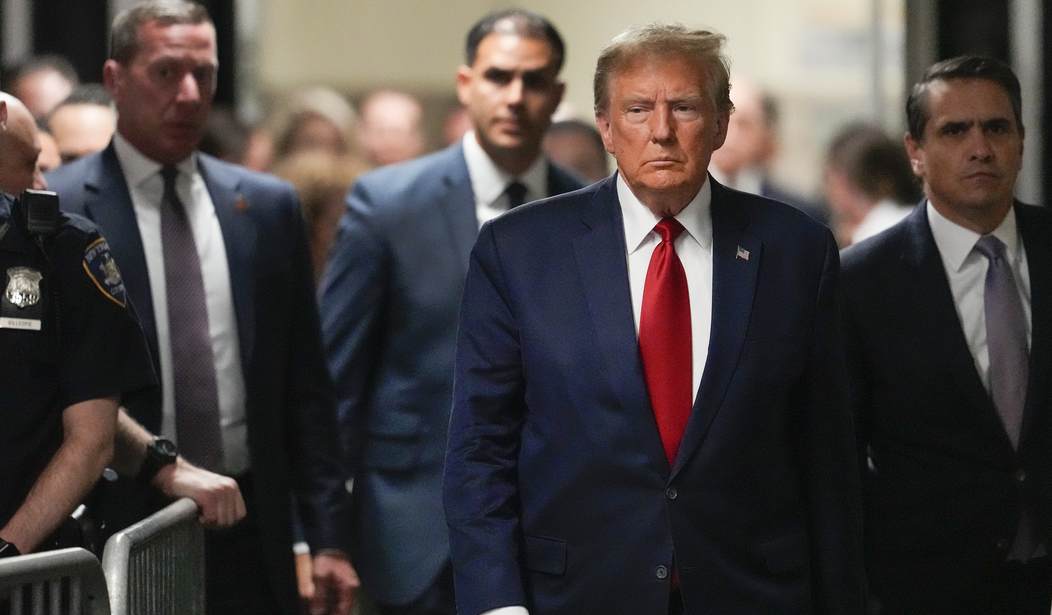


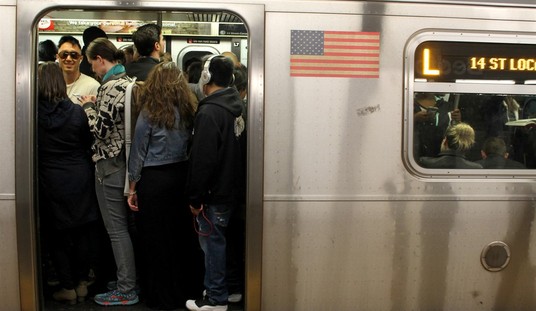

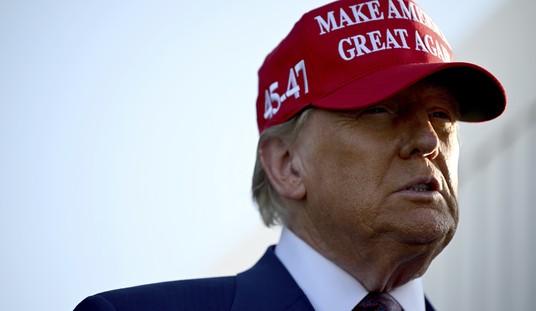





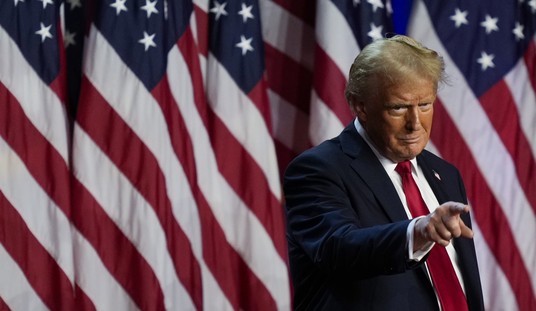

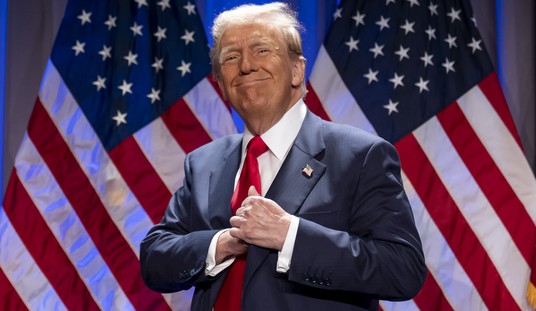
Join the conversation as a VIP Member